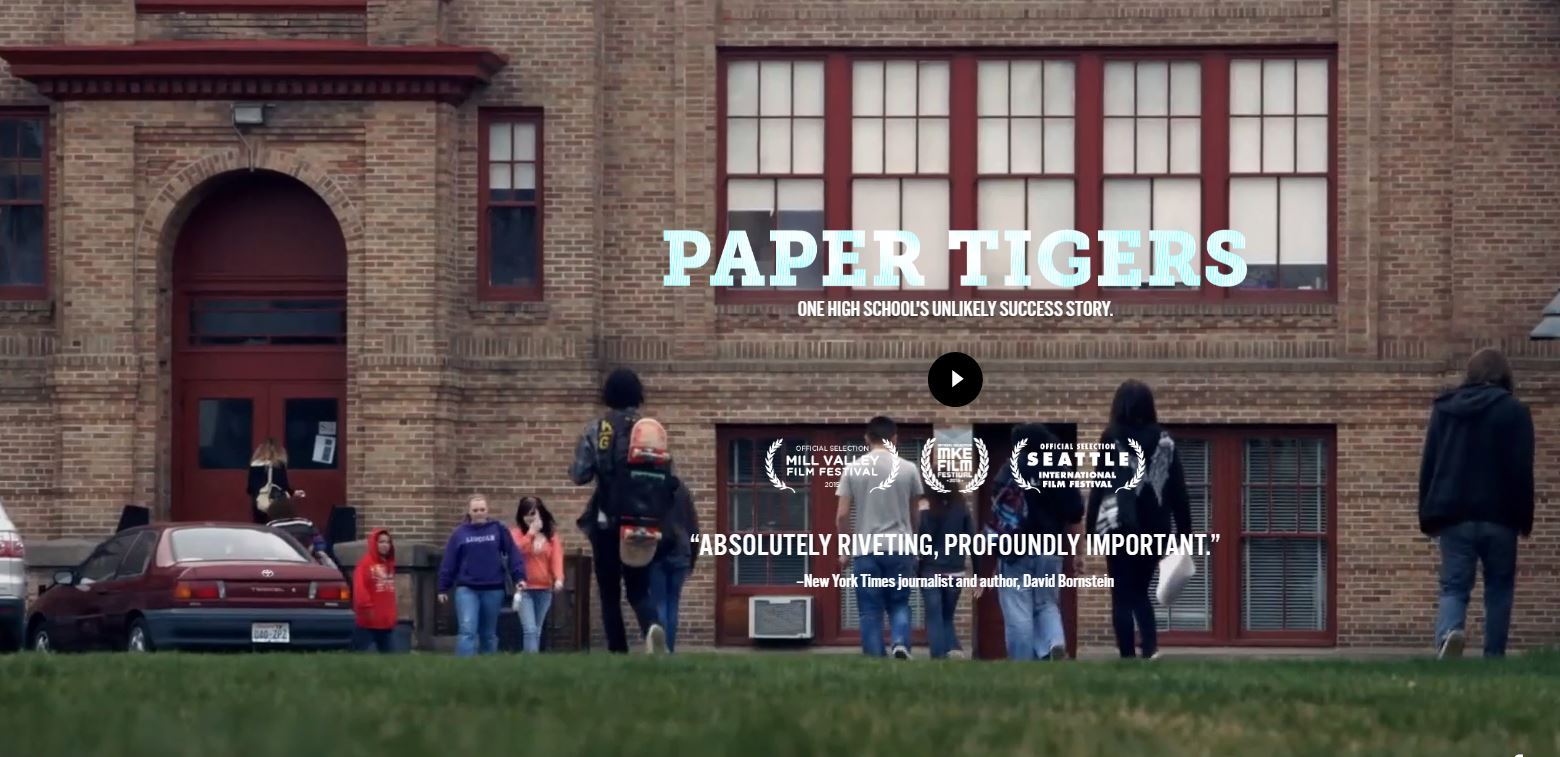Evidence-Based PracticesAn Evidence-Based Practice includes:
Society for Clinical Child & Adolescent Psych. Link Psychiatry MMC (DBT) Link Cognitive Behavioral Therapy"Cognitive Behavioral Therapy (CBT) is the term used for a group of psychological treatments that are based on scientific evidence. These treatments have been proven to be effective in treating many psychological disorders... Cognitive and behavioral therapies usually are short-term treatments (i.e., often between 6-20 sessions) that focus on teaching clients specific skills. CBT is different from many other therapy approaches by focusing on the ways that a person's cognitions (i.e., thoughts), emotions, and behaviors are connected and affect one another. Because emotions, thoughts, and behaviors are all linked, CBT approaches allow for therapists to intervene at different points in the cycle.
Association for Behavioral and Cognitive Therapies - More Info Dialectical Behavior Therapy "Dialectical behavior therapy (DBT) is a comprehensive, evidence-based treatment for borderline personality disorder (BPD). The patient populations for which DBT has the most empirical support include parasuicidal women with borderline personality disorder (BPD), but there have been promising findings for patients with BPD and substance use disorders (SUDs), persons who meet criteria for binge-eating disorder, and depressed elderly patients. Although DBT has many similarities with other cognitive-behavioral approaches, several critical and unique elements must be in place for the treatment to constitute DBT. Some of these elements include (a) serving the five functions of treatment, (b) the biosocial theory and focusing on emotions in treatment, (c) a consistent dialectical philosophy, and (d) mindfulness and acceptance-oriented interventions." Psychiatry MMC (DBT) Link
|
|

